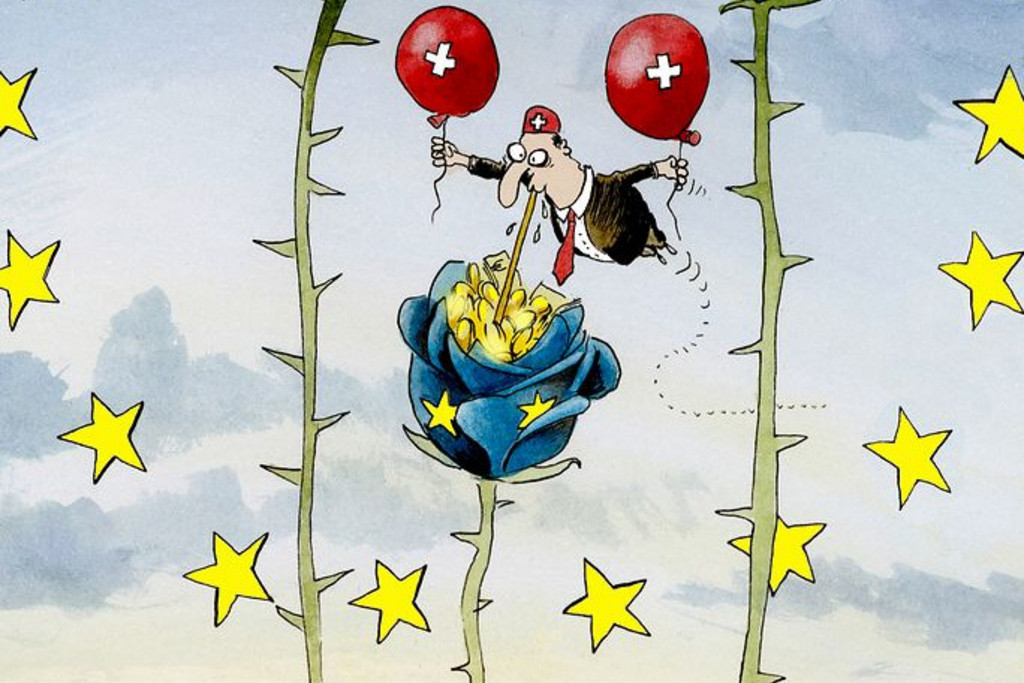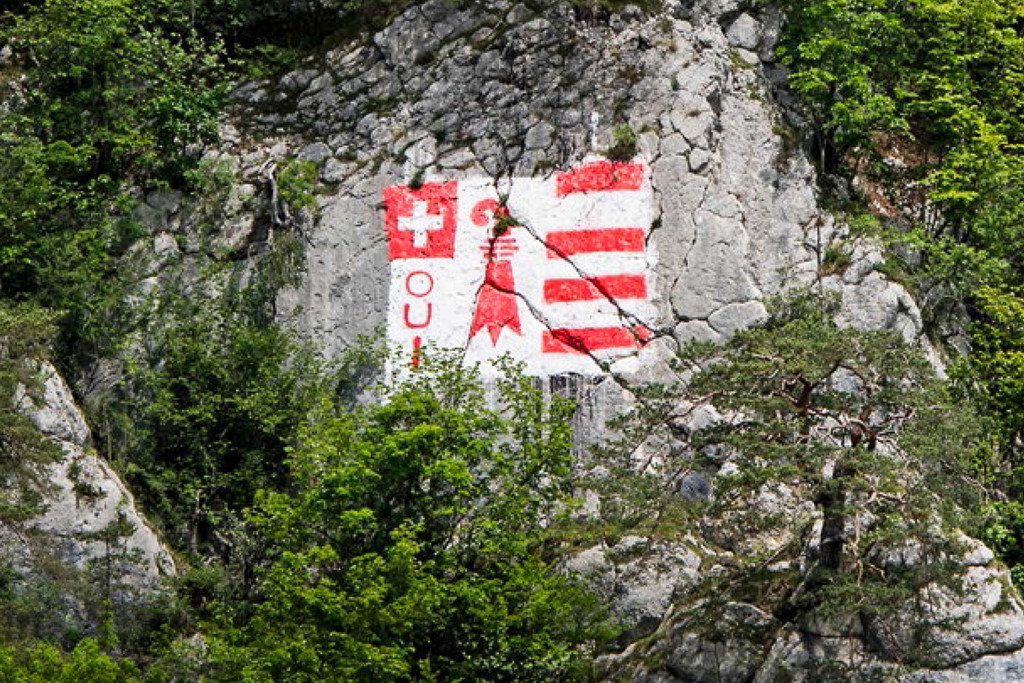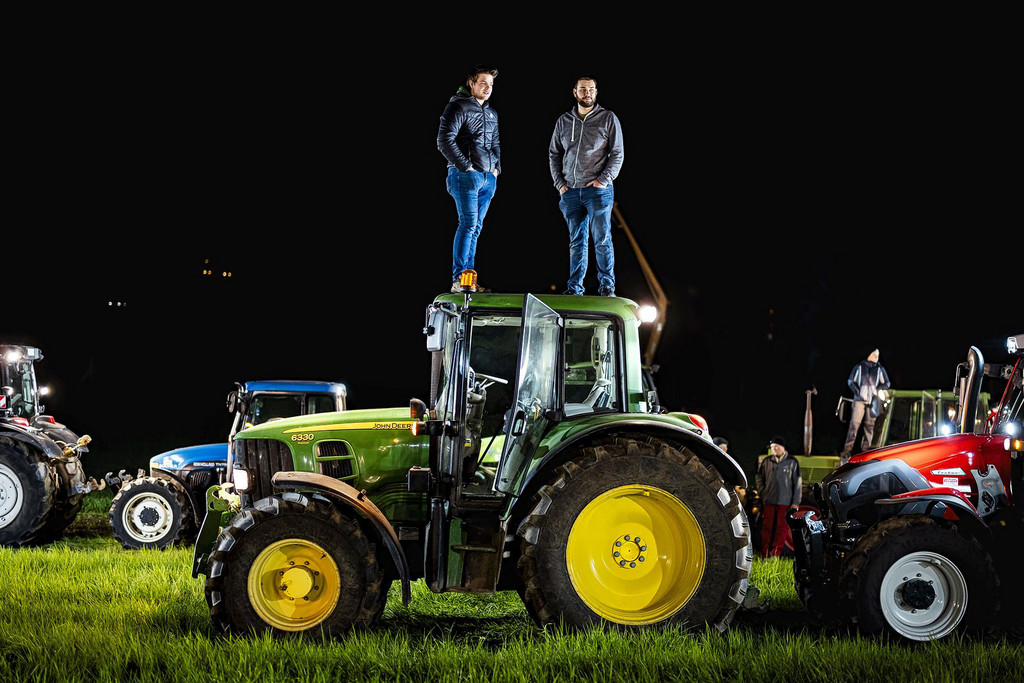The infection statistics prove that the older you are, the more likely you are to die of COVID-19. But the disease also affects younger people, as we now know. Almost half of the people who ended up in intensive care in Switzerland were under 60. However, we knew less at the start of the outbreak in mid-March than we do now. The government urged older people especially to stay at home, avoid contact with others, and refrain from going to the supermarket. Barring exceptions, the elderly followed these instructions to the letter.
Collective isolation
These instructions were issued on medical grounds. But they also had social consequences. Switzerland’s over-65s, who account for a population of 1.6 million, were sent into collective isolation. The cantons banned visits to care homes – a move that caused much anguish but failed to prevent fatalities. The overwhelming majority of older people in Switzerland live at home. Birthdays had to be spent alone, as the elderly suddenly found themselves cut off from the outside world. Pensioners were also unable to fulfil their societal duties. No more looking after grandchildren. No more charity work. Caritas Switzerland suffered volunteer shortages as a result.
A large proportion of Swiss pensioners do voluntary work. Many stay fit and active long after retirement, not least on account of good healthcare and a good quality of life. Their contribution to society is significant in a country that relies heavily on individual responsibility. For example, families and the government save eight billion Swiss francs a year on childcare thanks to the role of grandparents. In turn, the working population has been paying into the state pension system (old-age and survivors’ insurance) for over 70 years. The intergenerational contract – the ‘glue’ that binds young and old – is a Swiss institution.
“Made scapegoats”
COVID-19 put this contract to the test, and the outcome was double-edged. On the one hand, there was a great deal of goodwill. People went out of their way to help the elderly in many parts of the country. Young people frequently did the shopping for their older neighbours, for example. That the old ‘will soon die anyway’, regardless of COVID-19, was and is a cynical minority view. However, politicians and the media began to wonder whether the whole of Switzerland really had to shut down to protect the old and vulnerable. Some suggested that pensioners with secure incomes should foot some of the huge bill associated with the lockdown – otherwise the younger generations would be forced to pick up the tab for a long time to come.






![[Translate to English:]](/fileadmin/_processed_/3/7/csm_max-spring-3-cartoons-de_3c29839370.png)






Comments
Comments :